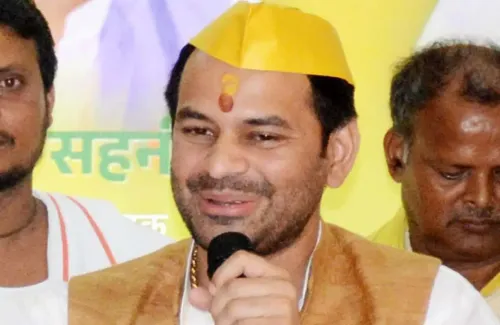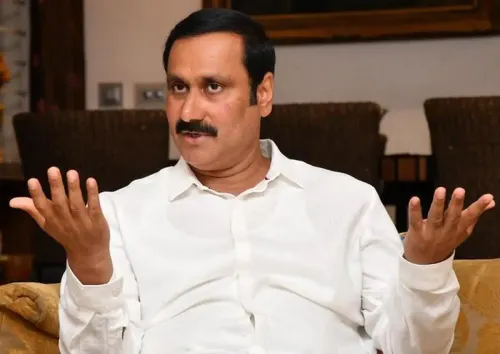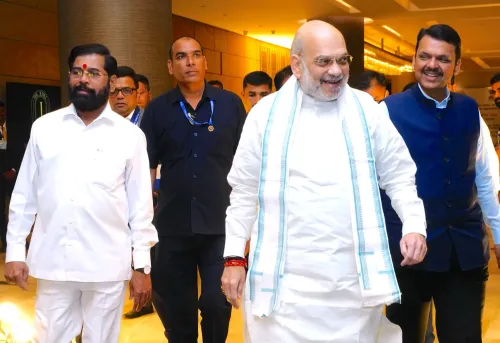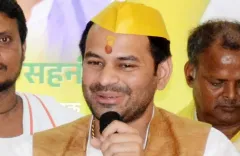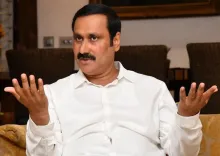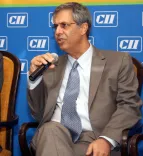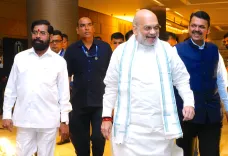Government Strengthens Consumer Protection by Regulating Gas Meters
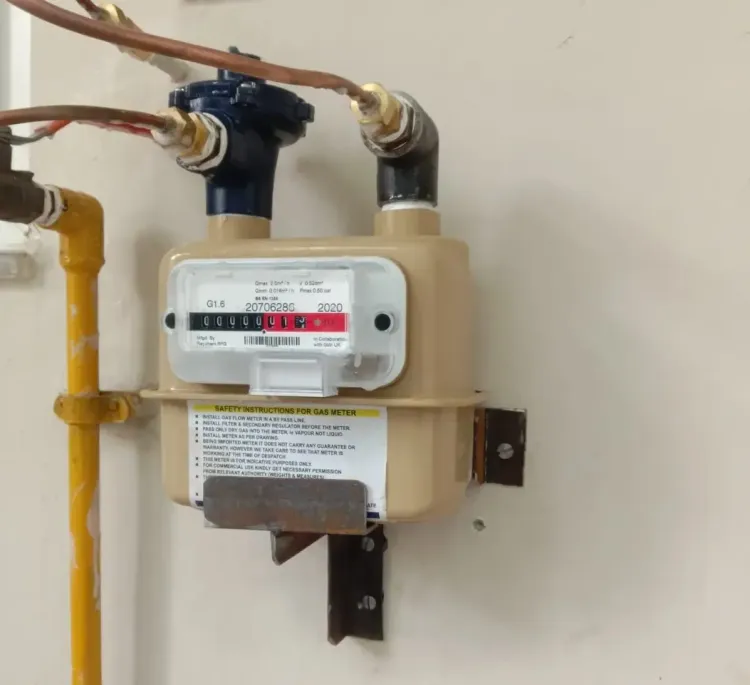
Synopsis
Key Takeaways
- Mandatory testing and verification for gas meters.
- Protection against faulty devices and ensured accuracy.
- Alignment with international standards and best practices.
- Consumer benefits include fair billing and energy efficiency.
- Transitional period for smooth implementation.
New Delhi, April 14 (NationPress) The Department of Consumer Affairs announced a pivotal measure to enhance consumer protection by developing draft regulations that require all gas meters used for domestic, commercial, and industrial applications to undergo testing, verification, and stamping before being utilized in trade and commerce.
According to a statement from the Ministry of Consumer Affairs, Food and Public Distribution, the new regulations also mandate the re-verification of gas meters to ensure their accuracy while in operation.
The primary goal of these newly established rules, which are based on the Legal Metrology (General) Rules of 2011, is to guarantee accuracy, transparency, and reliability in gas measurement.
Verified and stamped gas meters will help prevent overcharging or under-measurement, minimize disputes, and offer assured protection to consumers against faulty or tampered devices. Consumers will directly benefit from equitable billing, enhanced energy efficiency, and lower maintenance costs due to standardized and compliant equipment, as stated in an official announcement.
In addition to advantages for consumers, the rules establish a comprehensive compliance framework for manufacturers and gas distribution firms, aligning with international best practices and OIML (International Organization of Legal Metrology) standards.
This alignment reinforces India’s dedication to global standards, enhances credibility in international trade, and promotes innovation and quality assurance within the domestic manufacturing sector, as explained in the statement.
A technical committee consisting of representatives from the Indian Institute of Legal Metrology (IILM), Regional Reference Standard Laboratories (RRSLs), industry experts, and Voluntary Consumer Organizations (VCOs) was formed to draft the regulations. Concurrently, the Bureau of Indian Standards (BIS) was consulted to review the draft and provide scientific and technical insights.
The draft regulations were widely shared with stakeholders, including manufacturers, testing laboratories, City Gas Distribution (CGD) companies, and State Legal Metrology Departments.
Their feedback was meticulously analyzed and integrated into the final draft as needed. Several rounds of stakeholder meetings and inter-departmental discussions were conducted to ensure that all facets were thoroughly addressed, balancing regulatory obligations with ease of implementation, according to the official statement.
After thorough discussions, the regulations were finalized, including a transitional period to allow the industry and implementing bodies to prepare for compliance. This thoughtful approach guarantees a smooth rollout across the nation without disrupting gas supply or imposing undue burdens on consumers or businesses.
With these regulations, India is advancing towards a more transparent and accountable gas measurement system, in line with its vision for consumer-centric governance and international standardization, the statement concluded.

